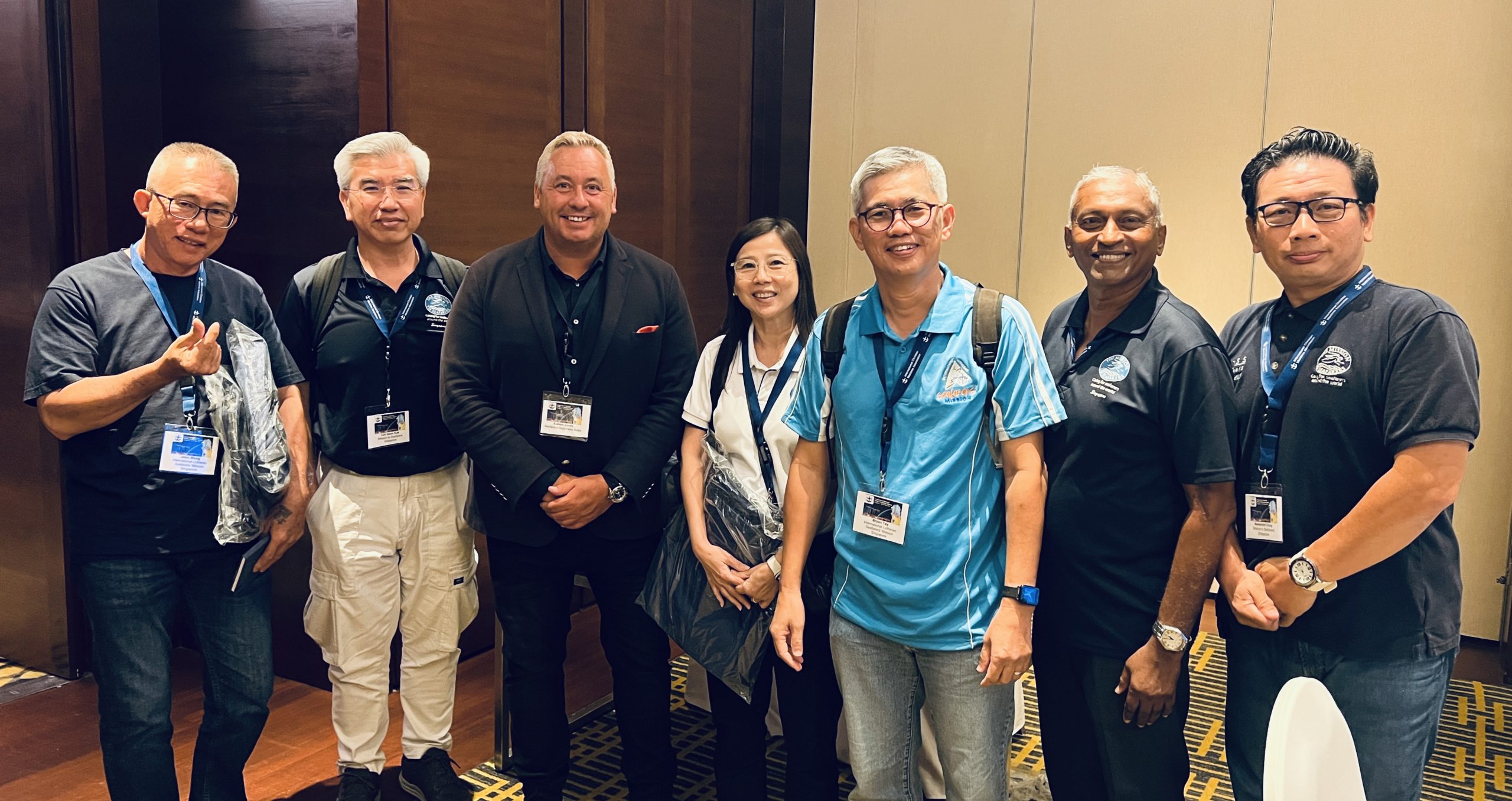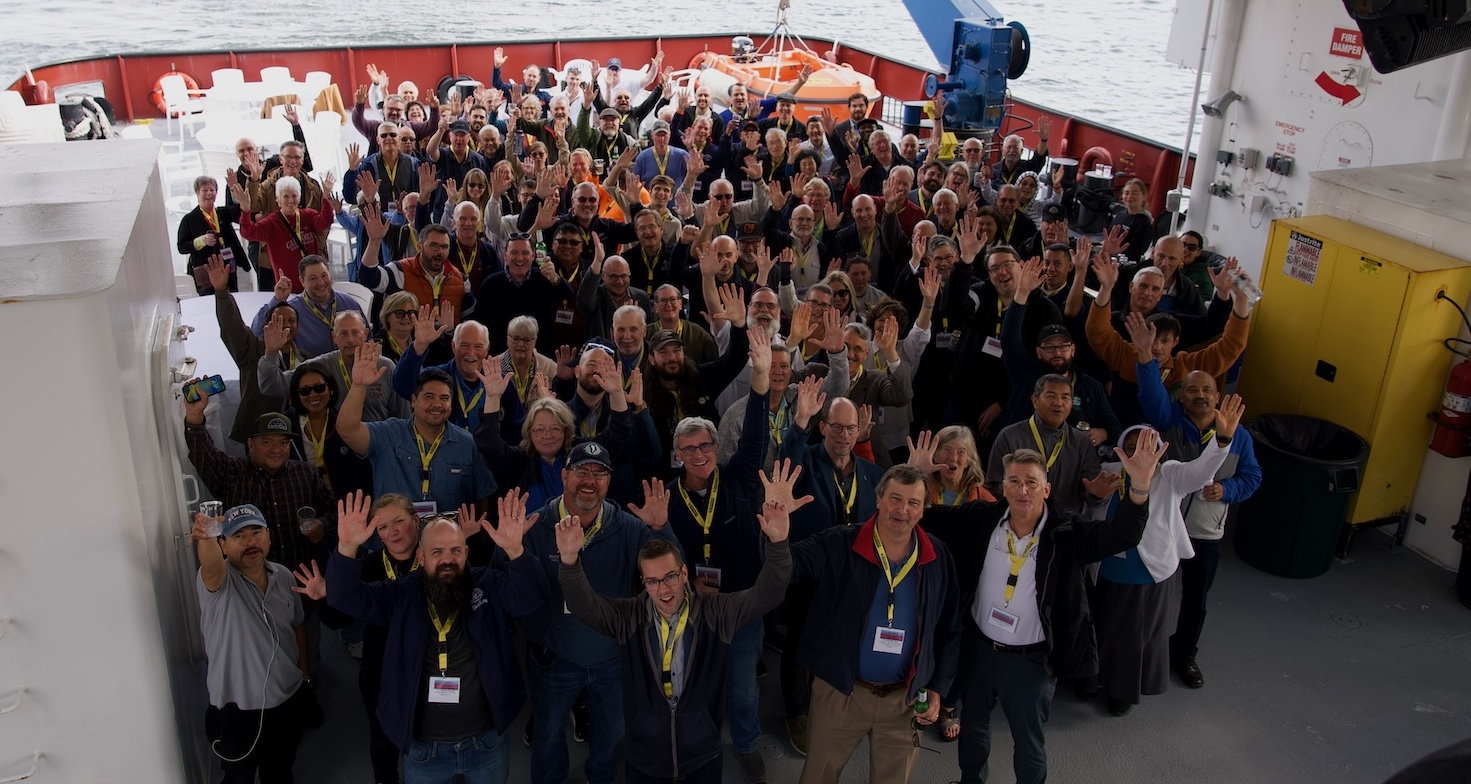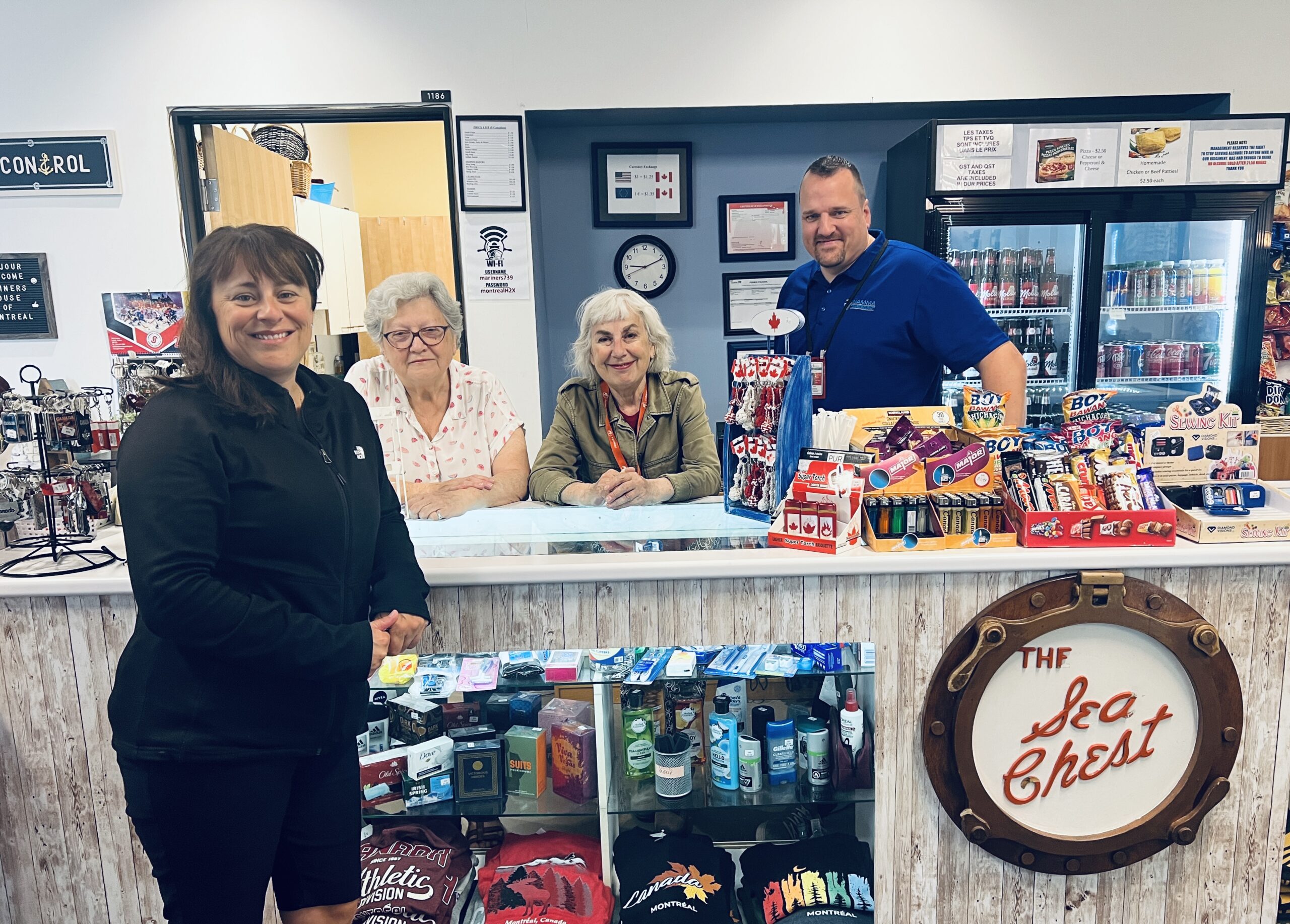Steven Jones of the Seafarers’ Happiness Index (seafarershappinessindex.org) delivered an insightful session in Singapore on May 20, 2024 for students of the “Introduction to Seafarers’ Welfare and Maritime Ministry” course by the International Christian Maritime Association (ICMA). His teachings encompassed the essential aspects of seafarers’ lives under the themes of People, Profession, Problems, and Protections.
Seafarers: The People
Seafarers are vital to global trade, hailing from diverse nations like the Philippines, India, and China. Defined by the International Labour Organization (ILO) as anyone working aboard a ship, seafarers must meet specific age, competency, and health standards. They form a multicultural workforce, bringing together varied nationalities, ethnicities, and languages, which fosters cultural exchange and understanding. Despite their crucial role, seafarers often face disconnection from the cargo they transport, with minimal interaction with the goods they move.
Seafarers: The Profession
Seafarers perform a wide range of duties, from navigation and cargo handling to engine maintenance and emergency procedures. They work in shifts, ensuring the ship’s operations run smoothly and safely. Compliance with international maritime laws and regulations, such as the International Convention for the Safety of Life at Sea (SOLAS), is mandatory. Life on board requires adherence to standards for accommodations, which must meet minimum size and comfort requirements as stipulated by the Maritime Labour Convention (MLC) 2006.
Seafarers: The Problems
The Seafarers’ Happiness Index reveals numerous challenges faced by seafarers, including declining well-being, unfair treatment, limited communication, and safety concerns. Issues like poor food quality, ineffective leadership, high workload, and bureaucratic stress significantly impact their mental health and job satisfaction. Financial instability and career advancement constraints further add to their difficulties, emphasizing the need for better support and conditions.
Jones mentioned that many seafarers do not feel included in the “just transition” to zero-carbon fuels. They believe that decisions about their future careers are being made by those ashore without their input. This exclusion affects their mental health and their future in the maritime industry.
A significant challenge to address is seafarer fatigue. Jones clarified that the industry should shift from discussing “minimum safe manning” to “lowest allowable crewing” to better frame the problem. While safe manning rightly focuses on safety, other issues such as security and cargo operations push seafarers beyond allowable work hours. This is a recurring concern highlighted by the Seafarers’ Happiness Index, and greater emphasis needs to be placed on this issue.
Seafarers: The Protections
Seafarers’ rights are protected by a network of international conventions and national regulations. These include the MLC, which sets minimum standards for working conditions, wages, and medical care. Seafarers are entitled to a safe work environment, regulated working hours, decent living conditions, and repatriation in case of illness or injury. Continuous improvement and regular inspections ensure compliance with evolving standards, safeguarding the well-being of seafarers worldwide.
Session Highlights
This session allowed participants to critically examine their understanding and role in supporting seafarers. It encouraged them to explore what seafarers need and expect from those who advocate for their welfare. By understanding the comprehensive aspects of seafarers’ lives, from their diverse backgrounds and professional duties to the challenges they face and the protections in place, participants were better equipped to serve and support this essential workforce.
Seafarers are the “unsung heroes of the global economy”, said Jones, and it is imperative to acknowledge and address their needs, ensuring they receive the respect, support, and protection they deserve.
Photo: Stephen Jones (third from left) with some of the students of the ICMA training course.





